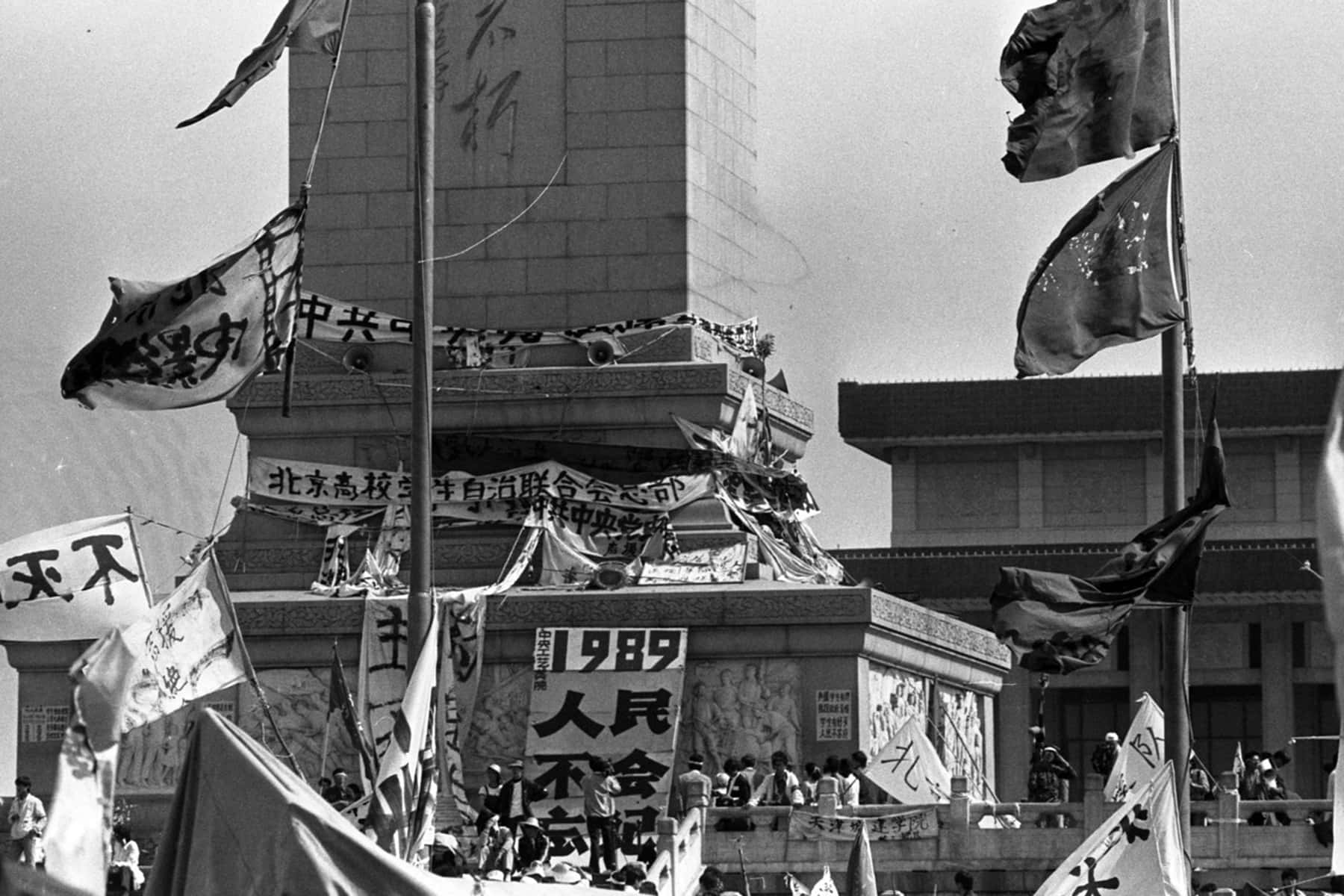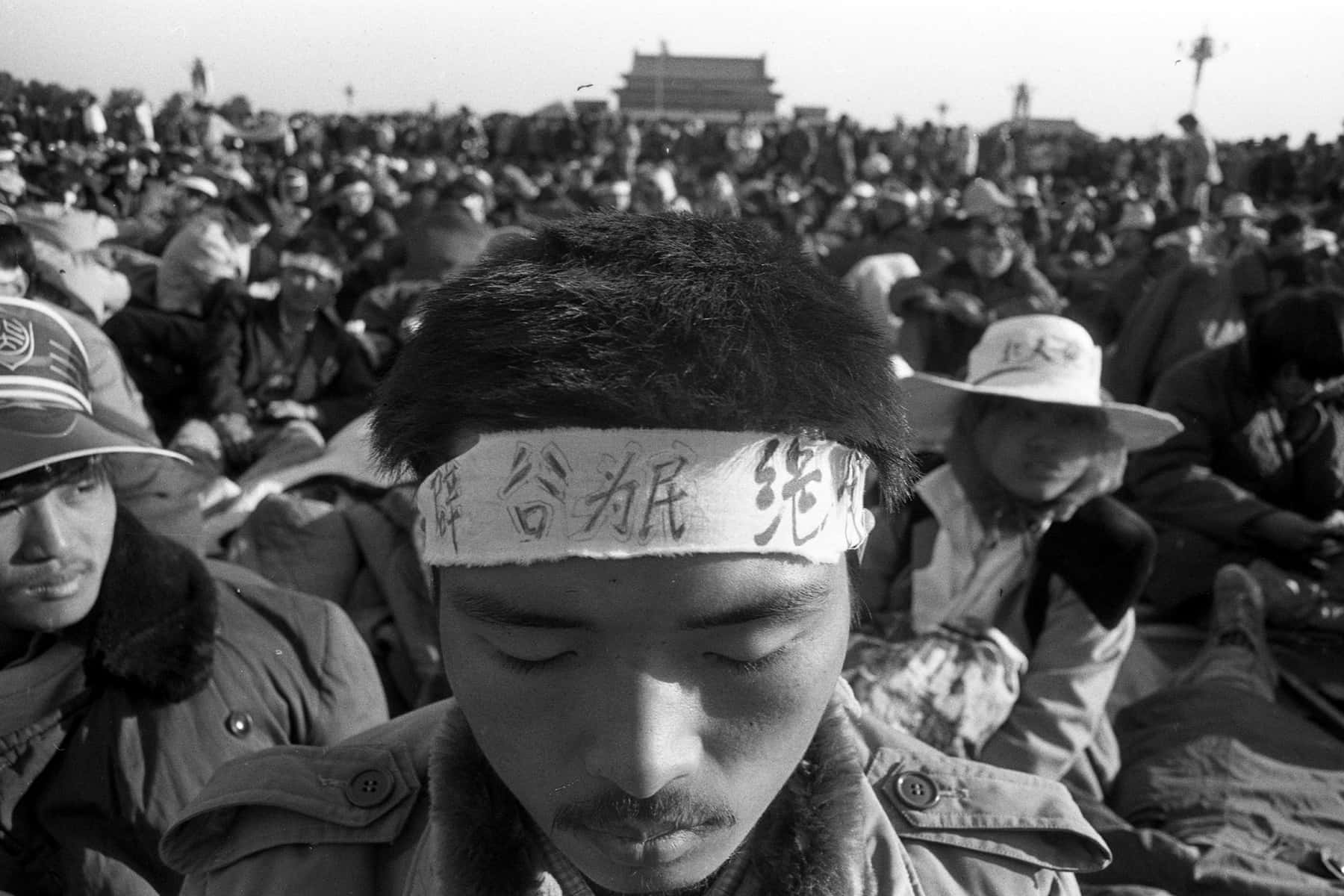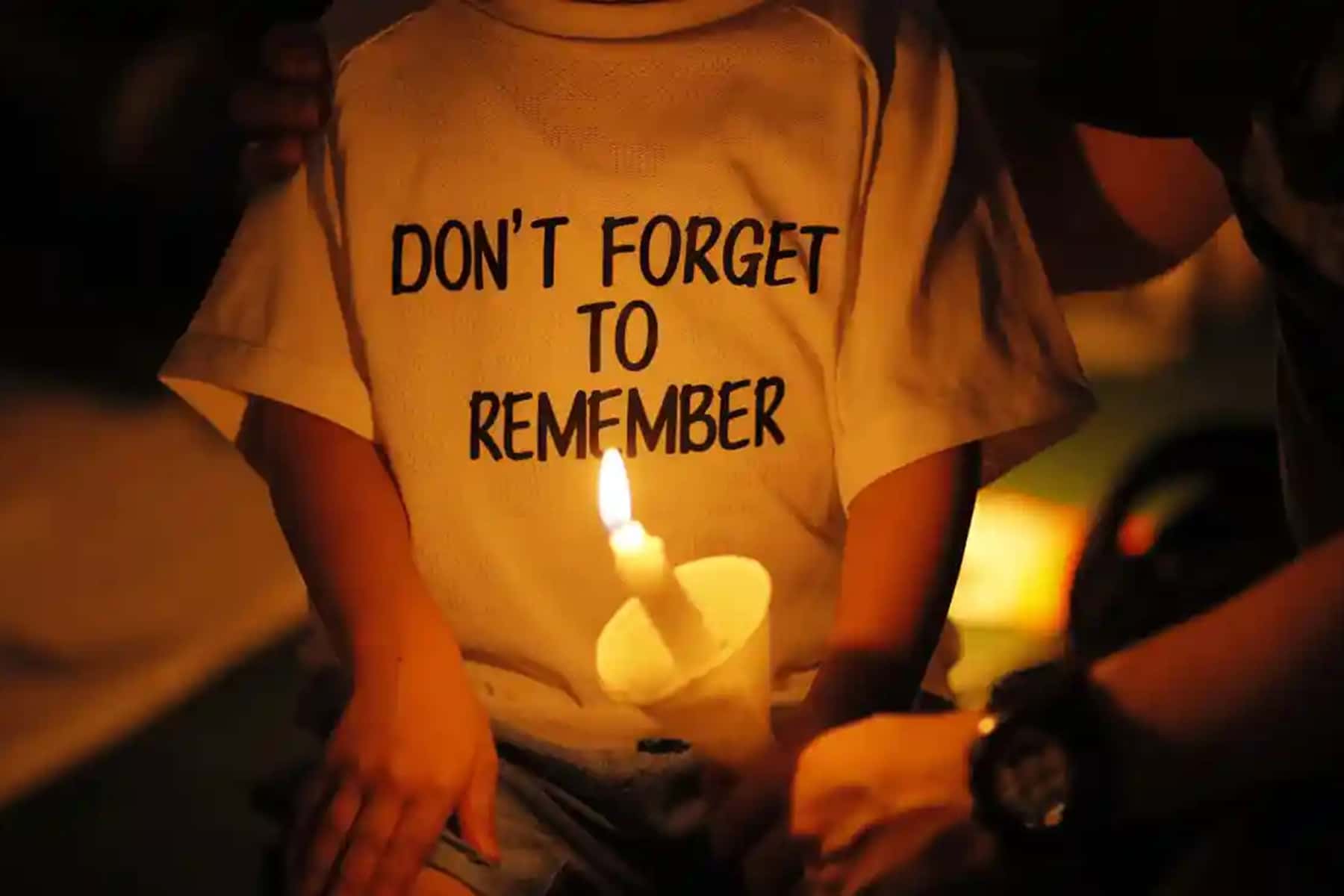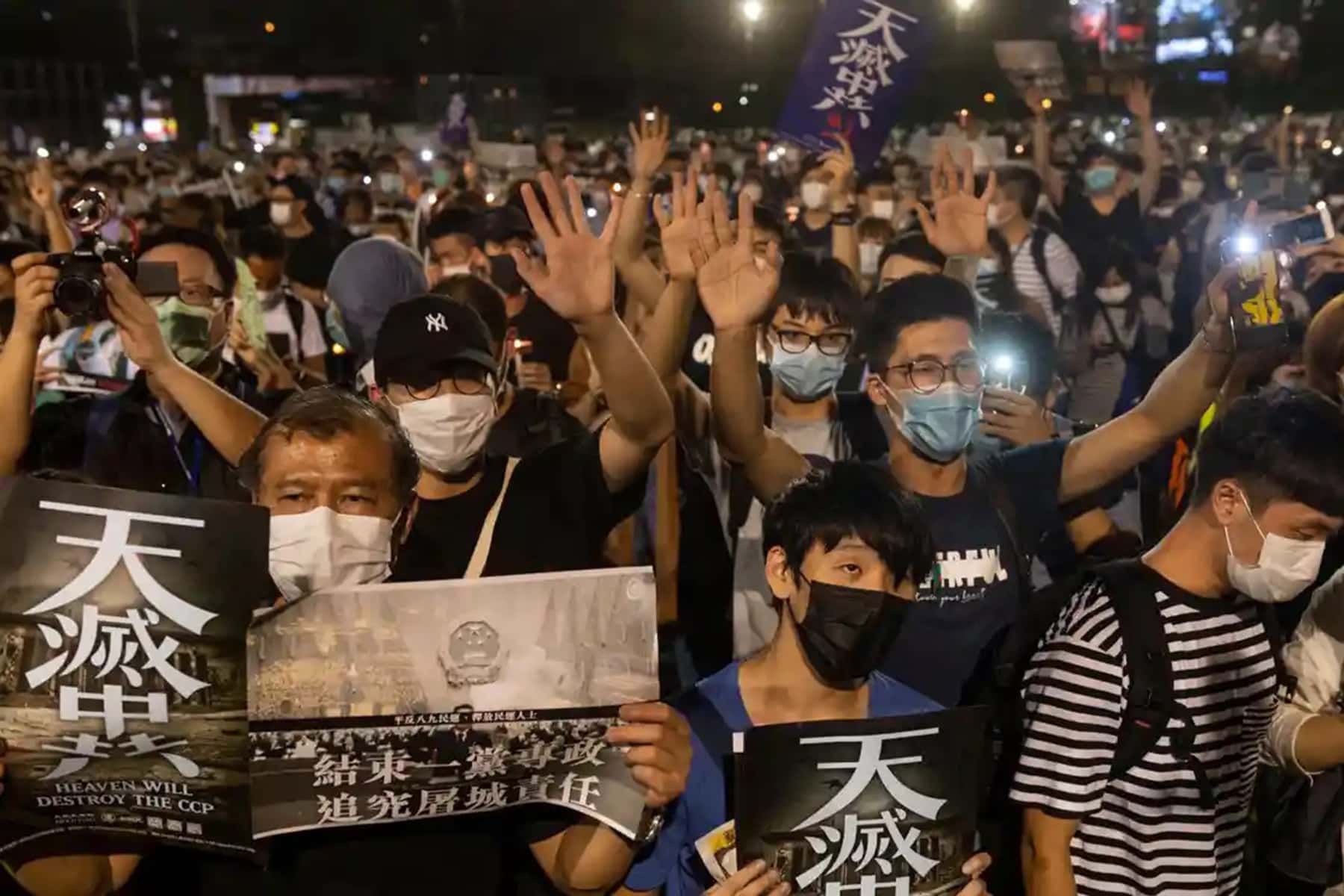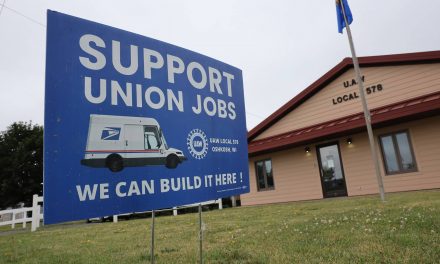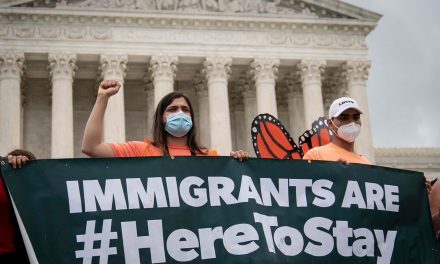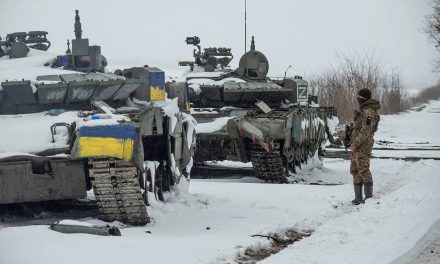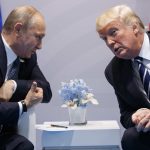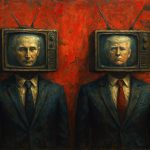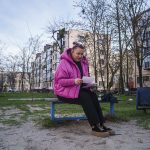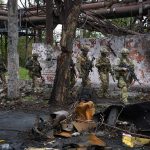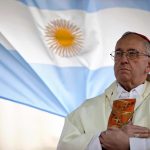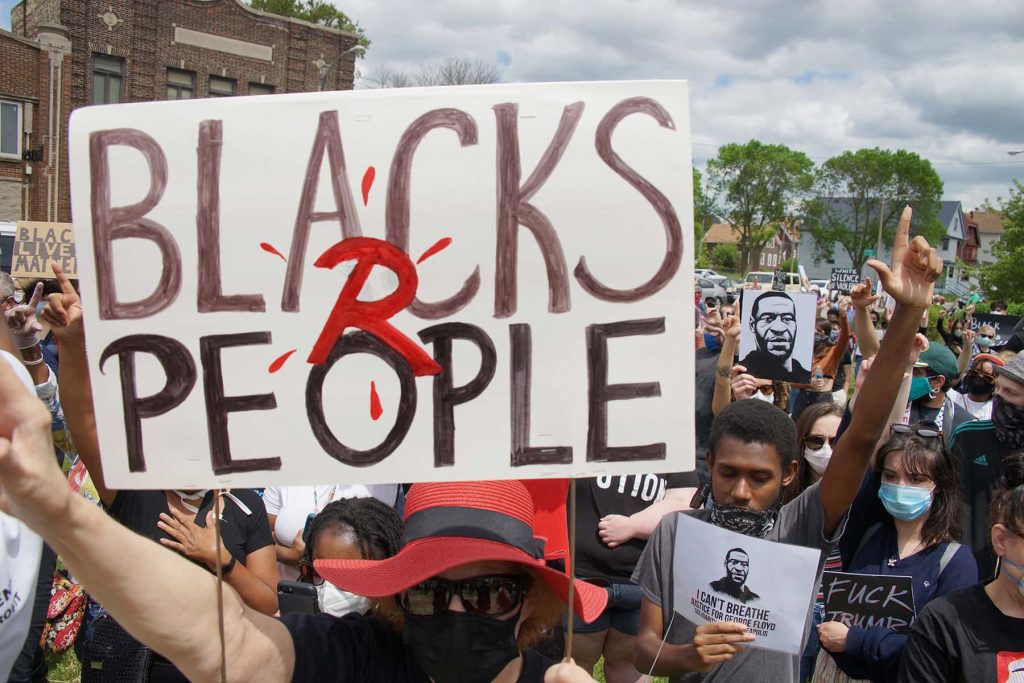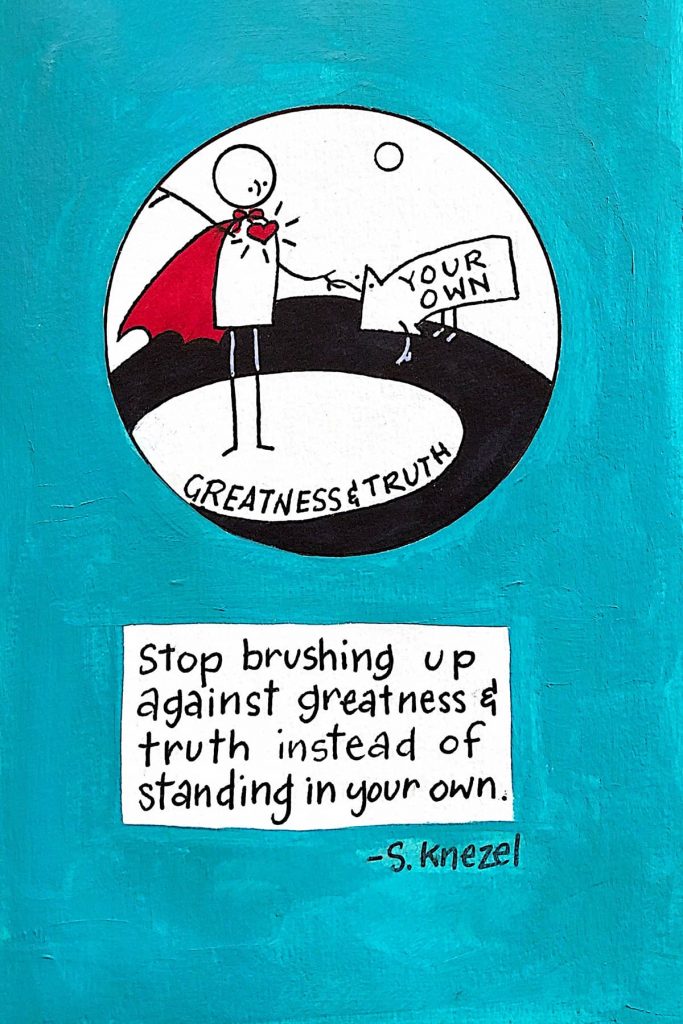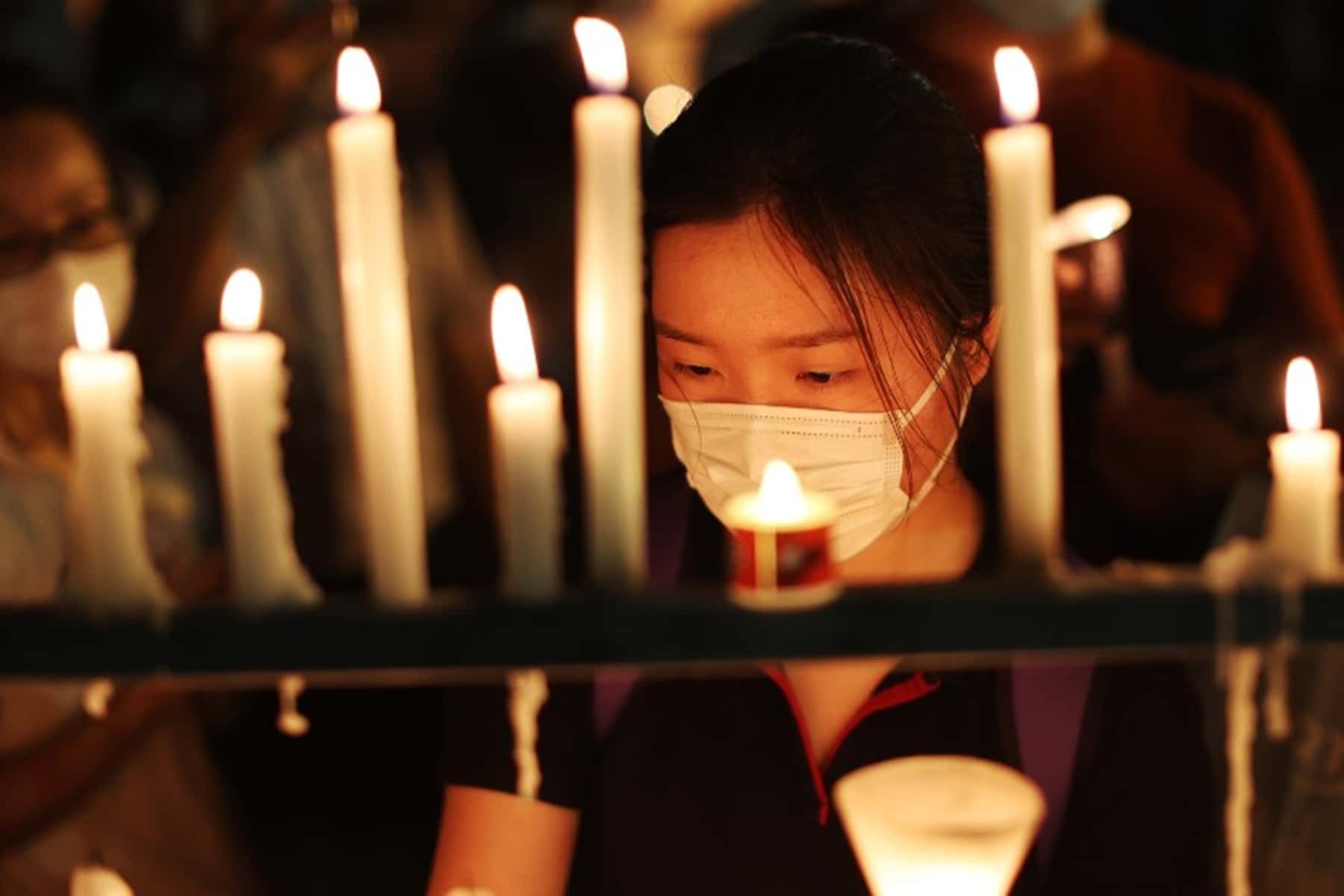
For the first time since the 1989 Tіаnаnmеn Square massacre, there will be no formal commemoration event held in the Chinese-speaking world for the anniversary.
Thirty-two years after soldiers crushed student protests in Beijing and killed anywhere from several hundred to several thousand people, a combination of censorship, government crackdowns on criticism and pandemic restrictions will ensure no physical gathering is allowed in the People’s Republic of China (PRC), Hong Kong, Macau or Taiwan.
Remembering the violent events of 4 June has never been allowed in the PRC, where it has been officially censored. Each year around this time, the censorship increases: sensitive words, numbers, photographs, symbols, emojis – anything that could be a reference to the event – disappear online. Activists are sent on enforced holidays, online events are shut down, and security tightens around the Beijing square.
But government efforts to suppress memorializing of the event have expanded into Hong Kong, which had – every year since 1990 – proudly held the largest of the only two vigils allowed on Chinese soil. The last lawful vigil was held two years ago in both Hong Kong and Macau. In 2020 and again this year Hong Kong authorities cited anti-pandemic measures to ban such events. Last year thousands attended Hong Kong in defiance of the ruling but now authorities have the national security law as added enforcement. Macau authorities specifically cited criminal laws.
In Hong Kong activists have again accused authorities of using a health crisis to muzzle dissenting voices, particularly given the low number of cases, and recent large public events such as Art Basel. The city’s security bureau said that anyone taking part in a vigil, or even promoting it, could face up to five years in jail, citing both public ordinances against gathering and the national security law.
Hong Kong police had about 3,000 riot response officers on standby in case anyone attempted to gather on June 4, according to local media. Hong Kong’s 4 June museum also closed after it was suspected by authorities of violating public entertainment regulations. It had been open for just three days since undergoing renovations, during which 550 visited, according to the Hong Kong Alliance, a non-government organization advocating for remembrance and accountability over the massacre.
‘History is on our side’
William Nee, a researcher at China Human Rights Defenders, said: “With authorities cracking down harshly on the annual Tіаnаnmеn vigil in Hong Kong, which was once the only place on Chinese soil where people could freely commemorate the victims of Tіаnаnmеn, many people recognize that it will be all the more important to carry out small vigils and amplify them using social media.
“Unfortunately, this will be the main way that people can continue to remember the dead and press for justice.”
Although thousands attended Hong Kong’s vigil last year, 24 pro-democracy figures including Joshua Wong, Lee Cheuk Yan, and Albert Ho were later arrested, accused of organizing an unauthorized assembly. Lee, who was in Beijing during the massacre, said that he did not want the candlelight to be dimmed in the park on that night.
This year, they are in jail, and the alliance has publicly distanced itself from any potential gathering, and told media there will be no online event, fearing authorities could interpret that as an unauthorized assembly in a public place.
“Under the circumstances, mourn June 4 in your own way, at the right time and place, so that the truth will not disappear!” the alliance said.
As Hong Kong became a sanctuary for those who fled the mainland, Taiwan has now taken in many who have fled Hong Kong. In previous years, politicians from both sides of Taiwan’s democracy have spoken in memoriam of 4 June, and in protest against China’s state violence.
“This year marks 32 years since the Tіаnаnmеn massacre, but the CCP [Chinese Communist party] has never apologized and has not made reparations to the victims,” legislator for the ruling Democratic Progressive party, Hung Sun-Han, said this week.
In 2019, President Tsai Ing-wen angered Beijing by being the first Taiwanese leader in three decades to meet Chinese activists who were there at the time. But due to bad timing rather than government suppression, there would not be any events in Taiwan. For the first time since the pandemic began, the island is dealing with a mass community outbreak of COVID-19 and has limited all outdoor gatherings to a maximum of 10 people.
Instead, an alliance of almost 30 Taiwan-based groups held an online event on June 4, and the erected a large LED screen with messages about the anniversary in Taipei’s Liberty Square, as well as other events held online or in a manner that complied with gathering restrictions.
“In some ways online events aren’t entirely a bad thing,” said Badiucao, a Chinese-Australian artist whose work frequently centers on the massacre, and who spoke at two online events. “The traditional form of being in a place physically is definitely very powerful, and we witnessed it in Hong Kong every year … but I do think new forms must be invented, especially in this time of so many uncertainties.”
He said the Taiwan event organizers saw it as “a chance to continue what can’t be done in Hong Kong any more, or at least what can’t be done safely.”
Rowena Xiaoqing He, author of Tіаnаnmеn Exiles: Voices of the Struggle for Democracy in China, said Hong Kong’s Victoria park vigil was as iconic as the historic image of the “tank man”, when it came to remembering the atrocity.
“Two years [after the lawful 2019 vigil] here I am in Hong Kong, we cannot even get close to the park without fear on June 4,” she said. “Yes, Victoria park will be without candles this year. But one thing I learned from two decades of studying Tіаnаnmеn is that there is always light in our hearts that cannot be swallowed by darkness. History is on our side.”
Hеlеn Dаvіdsоn
Jеrоmе Fаvrе, Kіn Chеung, Lіu Jіаn, аnd Mіguеl Cаndеlа
Portions originally published on The Guardian as ‘Mourn June 4 in your own way’: Tiananmen Square events vanish amid crackdowns and Covid
Help deliver the independent journalism that the world needs, make a contribution of support to The Guardian.

